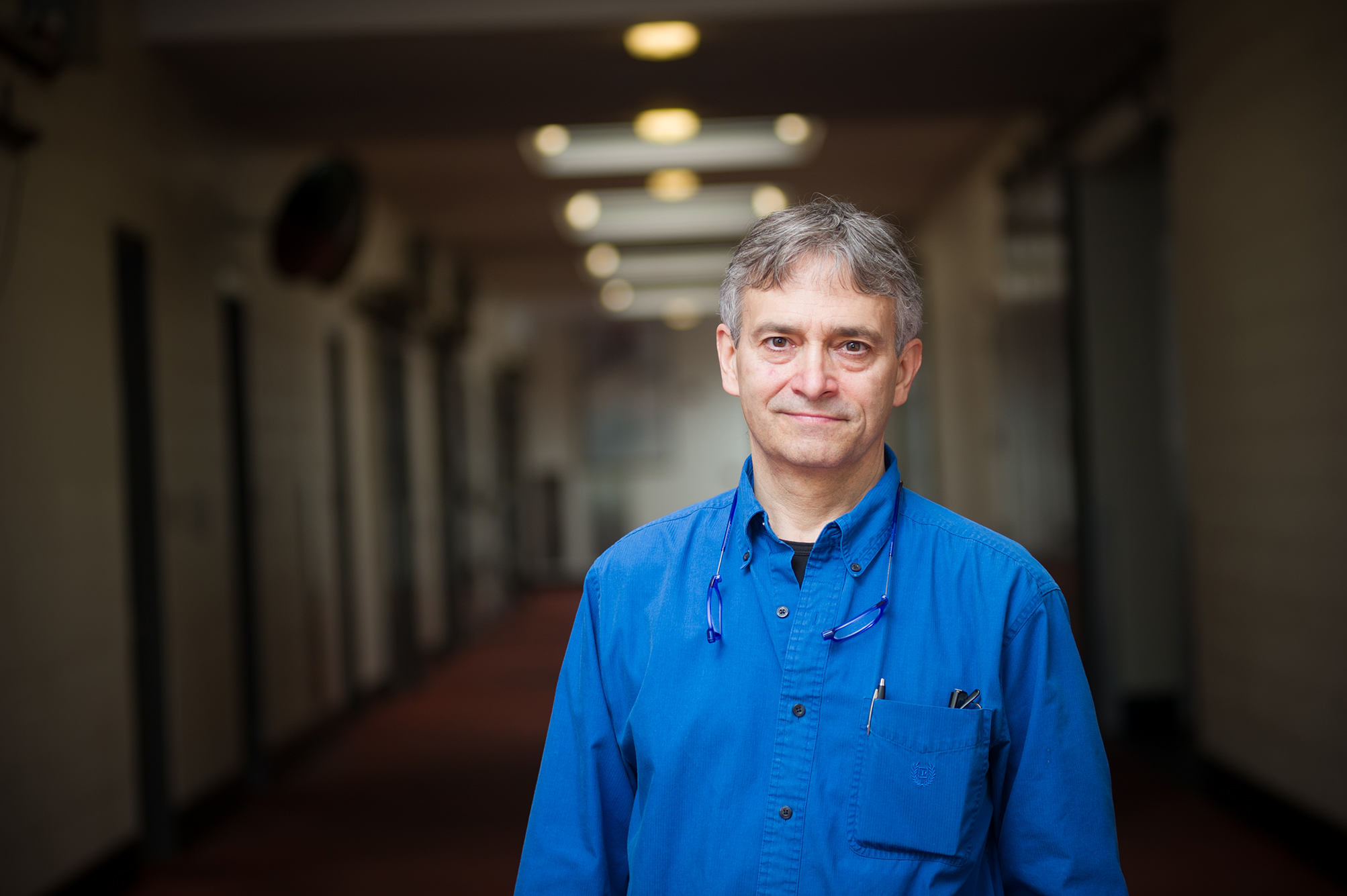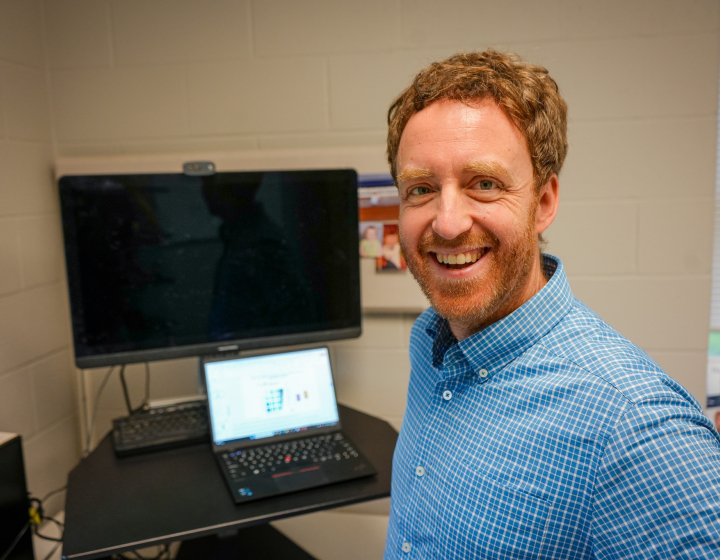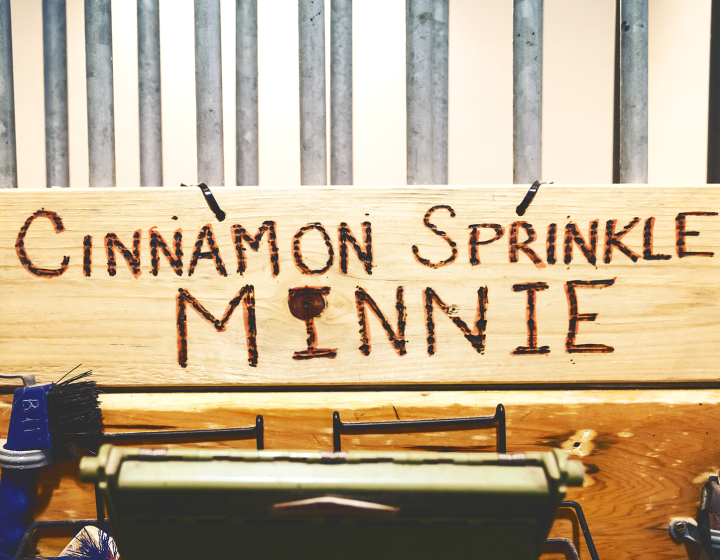Dr. Norm Ducharme featured in New York Horse Magazine
 He went clear, and then he went fast and clear, and then Ian Millar gave a thumbs up to the crowd and patted the neck of the horse he thought he might never show again.
He went clear, and then he went fast and clear, and then Ian Millar gave a thumbs up to the crowd and patted the neck of the horse he thought he might never show again.
The victory at the FEI World Cup Qualifier in Wellington was a comeback win for Millar and Dixson, and it would not have been possible without innovative surgery from a Cornell University surgeon.
Last year, Millar – known as Captain Canada – withdrew from contention for the Rio Olympics because Dixson, his top partner, wasn’t fit to compete. It would have been Millar’s record 11th Olympics, but ongoing hematomas in Dixson’s sinuses had kept the Belgian Warmblood gelding out of the ring for the better part of a year, and Millar wouldn’t risk his teammate’s health.
Hematomas – a solid swelling of clotted blood within the tissues.—are a rare condition in horses. Dixson’s were very veinous and very painful, and when he jumped or exercised they bled and caused extreme discomfort.
Over the course of three years, the hematomas were treated first with formaldehyde injections and then with surgery. But when they returned, they appeared at first to be inoperable.
It looked like a career-ending condition.
That’s when Dr. Norm Ducharme – professor of surgery and staff surgeon at Cornell University Hospital for Animals and Cornell Ruffian Equine Specialists – stepped in. Ducharme, who specializes in equine sports medicine, devised a procedure to eliminate the underlying cause of the condition by extracting the problem tissue at the root of the hematomas.
The hematomas had already been surgically removed a couple of times, Millar recalled, “and at Cornell, ‘The Dixson Procedure’ is named after him because it was developed specifically for him. At one point it looked like it couldn’t be operated on, but (Ducharme) said ‘I think I know how to do this.’ It’s been ongoing for about three years, but hopefully they got it all this time and that’s the end of it.”
Ducharme worked out the procedure with Dr. Richard Hackett, a fellow Cornell surgeon. Ducharme, chief medical officer at Cornell Ruffian, has dedicated much of his research to understanding the equine upper airway. “I … was driven by the horses, which seemingly are always saying, ‘You got to do better!’ And, ‘How hard can this really be?’ ” Ducharme said last year when he was inducted into the University of Kentucky Equine Research Hall of Fame.
The answer this time came in an emotional win for the veteran pair – the 70-year-old rider and the 14-year-old horse – as Millar and Dixson bested a field of 97 to capture the Palm Beach Masters World Cup Qualifier.
“It’s personal and quite emotional because at one point I thought I might never ride the horse again,” Millar said. “It’s extremely rewarding. We live for these horses.”
See the original story in the New York Horse magazine




